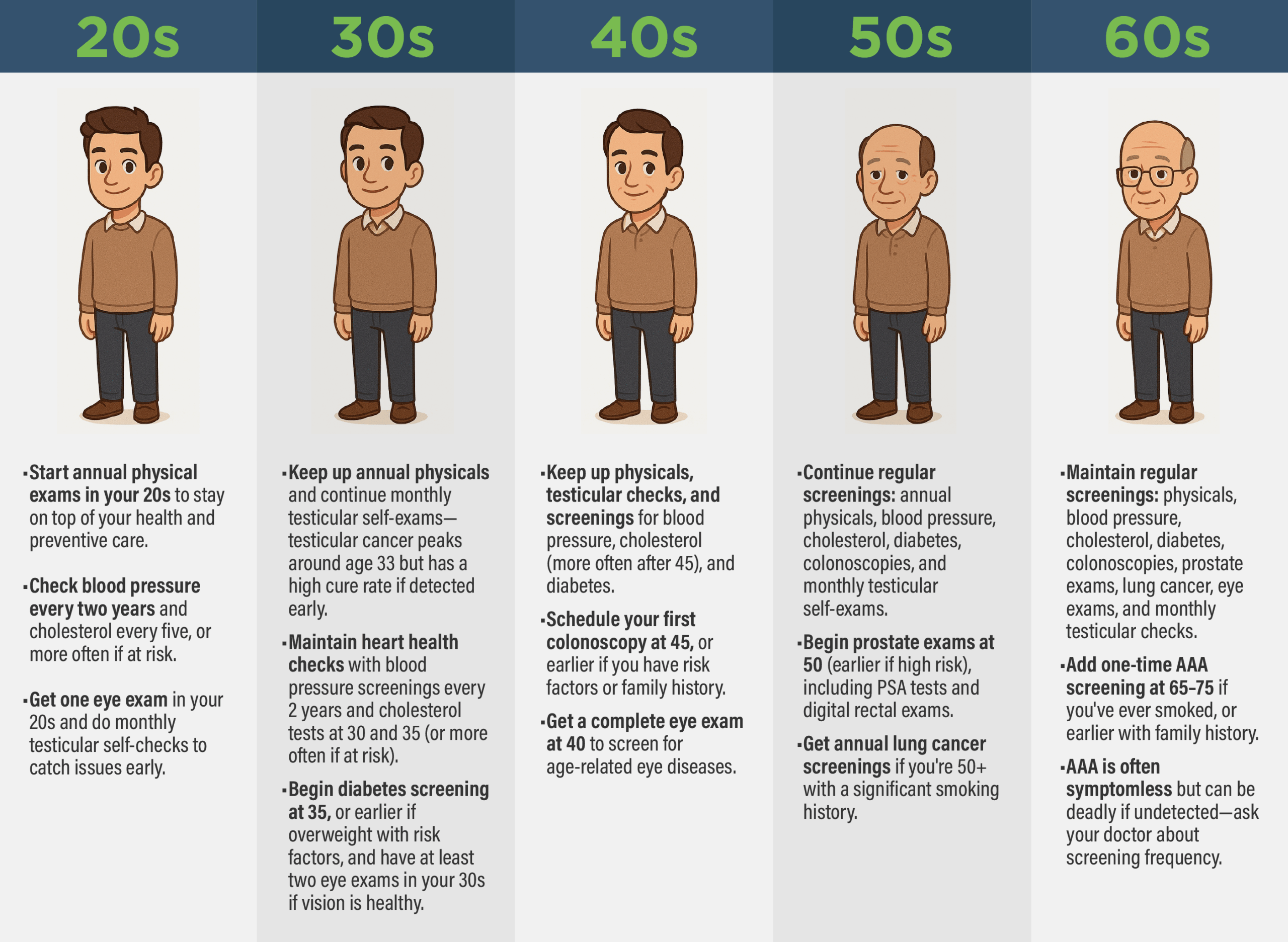Your Guide to Identifying Venomous Snakes, Treating Bites & Protecting Your Property
It’s summer in Central Texas, and while we’re out enjoying barbecues, hiking trails and boating, snakes are out, too. In North America, snakes are most active between April and October due to their reliance on external heat for warmth. July falls right in the middle of this 7-month period, making it the perfect time to learn how to protect yourself and your loved ones from venomous snakes with our comprehensive guide.
Table of Contents
- Common Snakes in Central Texas
- How to Treat a Snake Bite
- How to Avoid Snake Bites
- How to Snake Proof Your Yard
Common Snakes in Central Texas
The two main kinds of venomous snakes in the United States are pit vipers and elapids. Within these categories are the four kinds of venomous snakes found in Texas: rattlesnakes, cottonmouths, copperheads and coral snakes.
Rattlesnakes are classified as pit vipers due to the heat-sensing organs, or “pits,” on their faces between their noses and eyes. The rattle they use to ward off predators means you may hear a rattlesnake before you ever see it. They possess the most potent venom of United States snakes, so steer clear. Texas has 10 species of rattlesnakes, with the Western diamondback rattlesnake being the most common.
Cottonmouths, also known as water moccasins, are semi-aquatic and tend to live near a body of water. These snakes get their name due to the white inside of their mouths, which they display when threatened. The Western cottonmouth is both the one recognized subspecies of cottonmouth in the state of Texas and the world’s only semi-aquatic viper.
Copperheads, like rattlesnakes and cottonmouths, also fall into the pit viper category. Known for their copper-colored scales, a copperhead’s venom tends to cause less severe side effects compared to a rattlesnake’s or a cottonmouth’s venom. Commonly found in yards and wooded areas, there are three subspecies of copperheads in the state of Texas: the Southern copperhead, the broad-banded copperhead and the Trans-Pecos copperhead. For our Wacoans, copperheads are commonly found in Cameron Park and the Waco National Mammoth Monument, so watch your step.

Coral snakes are the only elapids found in Texas. While pit vipers are characterized by their heat-sensing “pits” and their large, hinged fangs, elapids have shorter fangs that are fixed to the roofs of their mouths. In other words, elapids’ fangs don’t fold back when not in use like pit vipers’ fangs do. A coral snake’s venom is neurotoxic, meaning that it affects your nervous system and may cause muscle weakness or paralysis. The Texas coral snake is the only kind of coral snake that lives in the state. It’s the only venomous snake in Texas with brightly colored red, yellow and black bands circling its body.
When faced with a snake with these colors, use the old adage, “Red on black, friend of Jack. Red on yellow, kill a fellow,” to determine whether or not the snake is venomous (this rhyme only applies to North American snake species). If the snake’s red and black markings touch, it’s a harmless, nonvenomous snake. If the snake’s red and yellow markings touch, you’re most likely looking at a venomous snake. Either way, it’s best not to approach or disturb any kind of snake.
How to Treat a Snake Bite
Symptoms of a snake bite may include:
- Pain and swelling around the bite area
- An abnormal blood count (of platelets, typically)
- Muscle weakness and/or paralysis if a snake’s venom is neurotoxic
- Trouble breathing and/or lowered blood pressure if you’re allergic to a snake’s venom
According to the Mayo Clinic, CroFab, Poison Control, Coryell Health EMS Director Daniel Lay and Cameron Park Zoo General Curator Gordon Henley, here is what to do and what not to do when treating a snake bite.
DO:
- Call 911 and seek medical attention immediately
- Seek an ER carrying CroFab antivenin (antivenom) if you believe the bite is from a rattlesnake, cottonmmouth or copperhead (even if you’re not sure what kind of snake bit you, seeking an ER with antivenin is always a good bet)
- Remain calm, as an elevated heart rate may speed up the spreading of venom throughout your body
- Remove any jewelry or clothing near the bite area to avoid constricting any swelling
- Gently wash the bite area with soap and water
- Keep the bite at heart level to slow the spread of the venom

DO NOT:
- Delay treatment to attempt to identify the snake that bit you
If you already have an idea of the kind of snake that bit you, that’s fine, but it’s not essential to know. 98% of venomous snake bites in the United States are from North American pit vipers (rattlesnakes, cottonmouths and copperheads), and CroFab antivenin is specifically designed to target the complete range of toxins found in North American pit viper venoms.
- Use a snake bite kit for treatment
Suction devices, scalpels and other tools included in a snake bite kit are not only ineffective, but could make the injury worse.
- Apply a tourniquet
Tourniquets limit the venom to one limb and can lead to hemorrhaging, disfigurement or even amputation without actually stopping the spread of the venom.
- Cut open the wound and attempt to suck out the venom
“Although this often happens in the movies, it is completely ineffective and dangerous,” says Coryell County Medical Authority Diedra Wuenschel, DO. “Cutting open the wound can increase the risk of infection and cause possible tissue damage. Sucking out the venom also introduces bacteria from your mouth to the wound, and it’s pointless because the venom is already spreading through your bloodstream.”
- Use an electric shock to treat the wound
Like the idea of sucking venom out of a wound, using electrotherapy to treat a snake bite is junk science. Shocking yourself is dangerous and ineffective against the effects of a snake bite.
- Ice the affected area
Applying ice to a snake bite has been proven ineffective, and submerging the wound in ice water may cause further tissue damage.
- Take NSAIDs (nonsteroidal anti-inflammatory drugs) to reduce pain and inflammation
Examples of NSAIDS include aspirin, ibuprofen (Advil®, Motrin®, etc.) and naproxen sodium (Aleve®, etc.). Since NSAIDS and snake venom can both inhibit platelet function, taking NSAIDS to reduce pain and inflammation from a snake bite can increase the risk of bleeding.
How to Avoid Snake Bites
Snakes only bite when they’re surprised by your presence or feel threatened. They don’t care for humans and would actually rather retreat than go near you.
Although snakes don’t have external ear canals and eardrums like we do, they do have an inner ear that allows them to sense vibrations through their skull and jawbone. If they sense you coming, they will most likely freeze until you pass by and then make their escape.
All that to say, the best way to avoid getting bitten by a snake is to leave them alone. Snakes enjoy hiding in tall grass and brush and underneath fallen tree limbs, leaves and rocks, so watch your step and wear closed-toed shoes that completely cover your feet. They enjoy being out during the coolest times of day, so take extra caution when being outdoors in the early morning and at dusk.
Don’t get close enough to a snake to try to identify it. Stay safe by keeping your distance. If a snake does bite you, more harm than good comes out of trying to hunt or kill the snake.
How to Snake Proof Your Yard
1. Use natural snake repellents
Common natural snake repellents include ammonia, vinegar, citrus and marigolds. Snakes dislike the strong smell of ammonia, so you can soak rags in ammonia and leave them in unsealed plastic bags in the areas where you usually see snakes in your yard.
Vinegar contains acetic acid, which has a pungent odor that also turns snakes off. Snakes generally don’t like citrus smells, so placing orange, lemon and lime peels around your property can be an effective snake deterrent.
You can also plant lemongrass and marigolds in your yard to ward off snakes. Lemongrass contains citronella, a natural snake repellent, and snakes also dislike the pungent smell of marigolds’ roots.
2. Eliminate food sources for snakes
Small rodents, lizards and birds are a large part of snakes’ diets, so remove any snake prey by removing what they like to eat. Don’t leave pet food outside, as it can attract rodents, and in turn, snakes. Don’t keep bird feeders in your yard, and clean your yard to remove any trash that could attract snake prey.
3. Remove possible snake shelters
Snakes enjoy hiding in tall grass and weeds, so it’s important to mow your lawn on a regular basis. Ensure all of your trash cans have tight-fitting lids, and get rid of any leaf piles, fallen branches, logs, large rocks and empty flower pots where snakes can live. Finally, seal any openings to your home, garage or shed with caulking or thin metal sheets to prevent snakes from coming inside.
Staying safe during peak snake season starts with awareness. By knowing what to do (and not to do) in the event of a snake bite, staying cautious around known snake hiding spots and learning how to identify Central Texas venomous snakes, you can better protect yourself and your loved ones.
If you or someone you know experiences a snake bite, call 911 and Coryell Health’s EMS team is ready to help you when you need it most.
 Skip to content
Skip to content



